OUR VETERINARY SERVICES
We offer you a wide range of veterinary services for your pets. Please contact us for any service.
Compassionate Veterinary Services in St Charles, MO
At First Capitol Animal Hospital, we provide a wide range of services to keep your pets healthy and happy. From routine checkups and vaccinations to more advanced care, we have the experience and expertise to meet all of your pet’s needs. We understand that your pet is a member of the family, and we will always treat them with the compassion and respect they deserve.
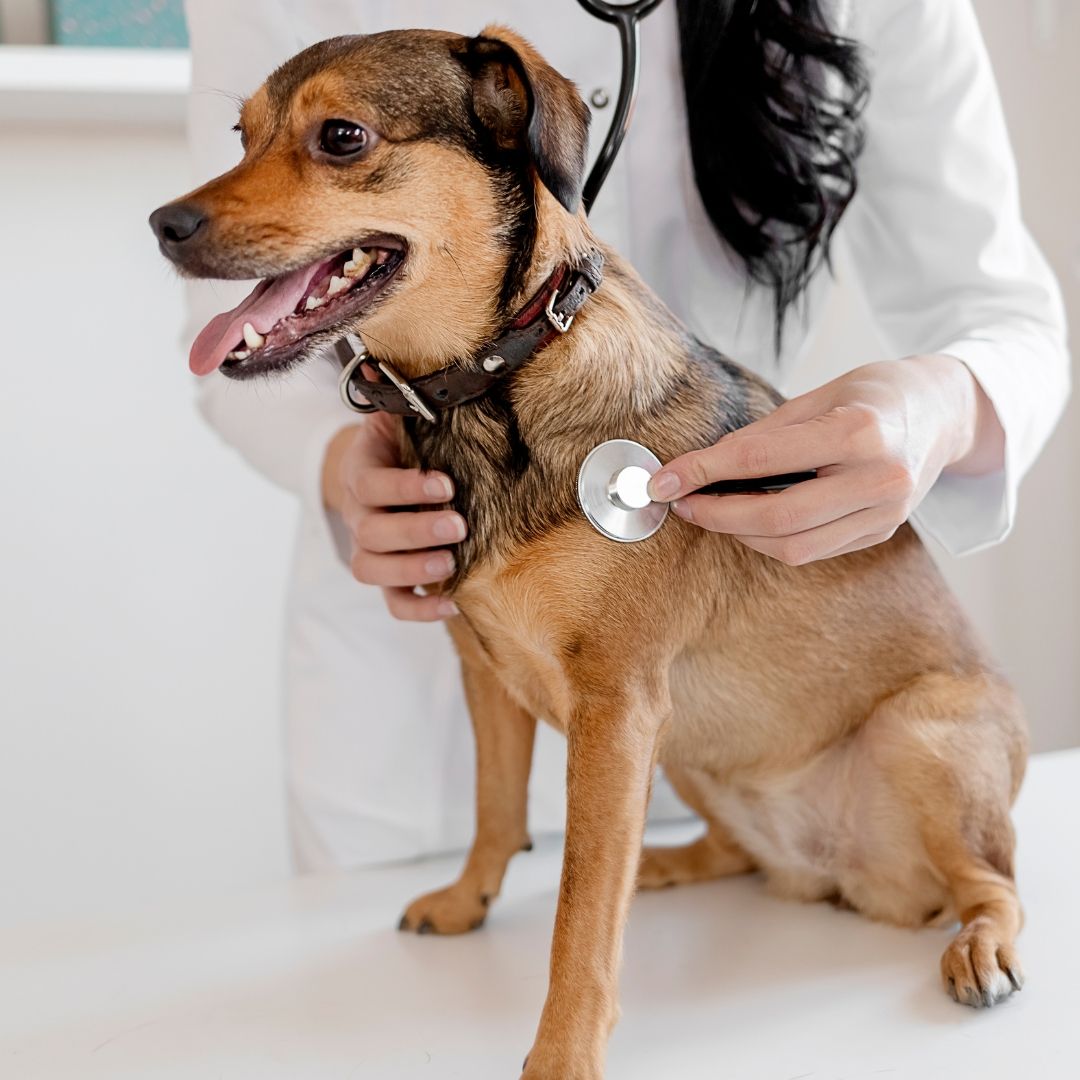
Pet Physical Exam
Does Your Pet Need To Have a Physical Exam?
Physical exams are just as important for your pet as they are for you and me. They are probably even more important because your dog or cat can’t tell you when they need to go to the doctor! There may be signs from your pet that they are sick, such as laziness, lack of appetite, and change in demeanor, among others. If you notice these symptoms you should schedule an appointment with your vet. Even if your pet seems to be perfectly healthy, you should bring them in for a physical exam at least once a year, and more often if they are older. Your pet’s exam will be very similar to a physical you would have, including checking:
Ears
The ears are checked for infections and also for parasites, as this is a common place for them to nest.
Eyes
The eyes are checked for cataracts, retina disease, signs of glaucoma, and other abnormalities. These can all results in blindness, so it is important to check for them regularly.
Mouth
Gum disease, tooth loss, and throat problems all affect dogs and cats. They could be signs of larger problems. Performing a full mouth examination allows us to diagnose any problems and take care of them before becoming serious.
Internal Organs
The internal organs are examined to check that they are functioning properly. The abdominal area can be checked by hand for any growths or tumors. A stethoscope is used to make sure the lungs are functioning properly and are also used to check heart rate. An ultrasound can also be performed to provide a view of the organs to visually check for anything out of the ordinary.
Skin and Coat
This is checked to make sure that there are no fleas, ticks or other parasites that have made your pet their home.
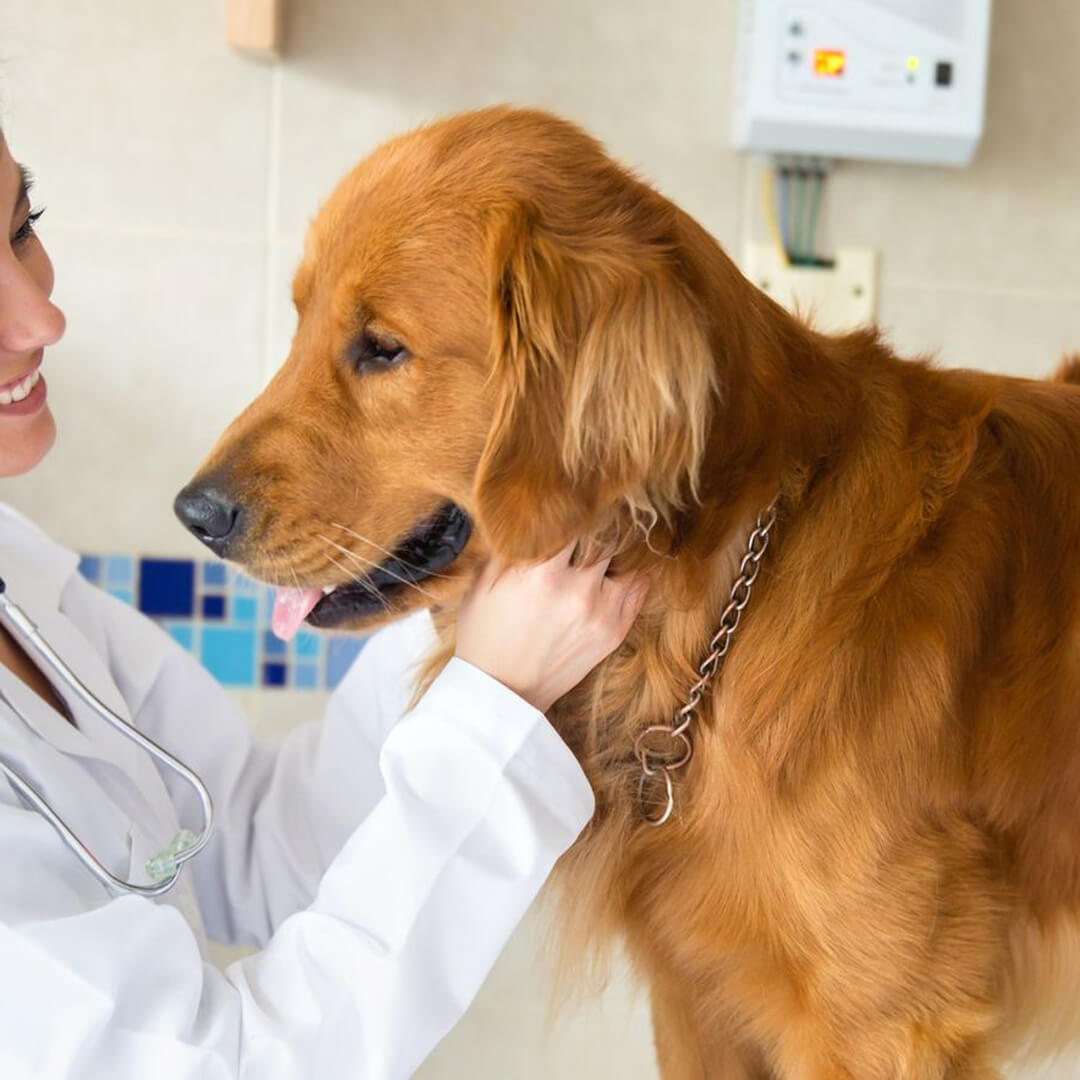
Pet Vaccinations
Vaccinations for Your Dog
Distemper
This is a viral disease that is easily spread through direct contact and contact with bodily fluids or contaminated food and water. Puppies are the most susceptible to the disease and also have the highest mortality rate from severe cases or complications from the disease. Vaccinations have proven to be effective, so it is important to have your puppy vaccinated. The disease can be treated if contracted, but requires quarantining your dog from other dogs for many months, and the disease can also result in some long term health problems.
Adenovirus Type 2
This virus leads to the infection commonly known as “kennel cough” in dogs. It is very contagious, and is characterized by a hacking cough and a foamy white discharge. This vaccine is required in most areas.
Bordetella
Bordetella is a bacteria that can cause kennel cough. There are bacterins available to help prevent it.
Leptospirosis
This bacterial disease causes high fever, vomiting, loss of appetite and depression and can lead to kidney failure or liver disease. It is carried by wildlife, mainly rodents, and can affect any breed of dog. Humans can get sick from Leptospirosis also. Most dog breeds should be vaccinated against this disease.
Parvovirus
This disease is more commonly referred to as “parvo” and is one of the leading causes of viral infections in dogs. It is highly contagious and transmitted by direct or indirect contact with contaminated feces. There are cardiac and intestinal forms of the disease, both of which are fatal in most cases when left untreated. The vaccination is highly recommended and is given in a series of shots starting when the puppy is about 7 to 8 weeks old.
Lyme Disease
Lyme disease is transmitted from ticks. These small insects wooded areas and areas with tall, overgrown grass or brush. If you live in areas where these environments exist, it is smart to take proper precautions to prevent Lyme disease. If your dog does become ill with Lyme disease, you will notice that the dog will walk with a limp or favor the area where the tick has bitten it. The tick needs to be removed, and you should consult your vet for proper treatment.
Vaccinations for Your Cat
All cats should be vaccinated to prevent against harmful and potentially life-threatening diseases. The types of vaccines your cat should be given will vary based on the life style of your cat. If your cat lives in the house and does not come into contact with other cats, only the basic vaccines are necessary. If your cat spends time outside and around other cats, the proper precautions should be taken with the necessary vaccinations.
Rabies
Rabies is a disease nearly everyone has heard of. It is contracted when an animal is bitten by another animal that has been infected. The disease is carried in the saliva. Rabies vaccinations are required in many states for cats. Even if you have an indoor cat, they should be vaccinated in case they get out, or by chance an animal were to get into your house. In nearly all cases, an animal will need to be put down if it has been infected with rabies.
Panleukopenia Virus
The more common name for this virus is “distemper”. It is a highly contagious disease which is why vaccination is recommended. Symptoms include fever, seizures, loss of appetite, and possibly death. Kittens are born with a natural immunity for the first few weeks of their lives. Vaccinations should start at around 8 weeks old and there are series of about 3 follow-ups about 3 to 4 weeks apart. Your cat should also receive a vaccination every 1 to 3 years going forward.
Rhinotracheitis
Caused by the herpes virus, Rhinotracheitis is an upper respiratory infection that is highly contagious. The infection could prove to be fatal in young kittens, so the vaccination is highly recommended. The vaccine lasts for about 3 years, so follow up vaccinations are necessary.
Calicivirus
Calicivirus is a virus that causes an upper respiratory infection. It is very contagious through contact with infected cats. Symptoms include fever, gum disease, mouth ulcers, sneezing, among others. More advanced forms of the virus are more severe and can cause fatality. Cats do not need to exhibit symptoms in order to transmit the disease to other cats. The contagious nature of this disease makes it important for your cat to receive a vaccination.
Feline Leukemia Virus
This is another virus that is spread through direct contact with an infected cat. For this reason the vaccine is highly recommended for outdoor cats, or cats that are frequently in contact with other cats. Indoor, solitary cats should still be vaccinated to prevent against the potentially fatal virus, but are not at as high a risk to contract it. Like all vaccines, there are some potential side effects. A small percentage of cats developed cancerous sarcomas where they were injected with the vaccine. Have a conversation with your vet if you have any questions about the vaccine.
Feline Infectious Peritonitis
This is a disease that has no cure and is fatal in most instances. The good news is that for households with only 1 or 2 cats only 1 in 5000 cats are affected. The vaccine for this disease has not proven to be very effective to this point, so most cats will not require this vaccination.
Chlamydiosis
This disease is much more prevalent in cats that live in a multiple cat environment. The most obvious symptom is usually conjunctivitis, and the disease is carried in the eye discharge of infected cats. Adverse reactions to the chlamydiosis vaccine occur at a higher rate than most vaccines, so if you have an indoor cat it is usually not recommended. Speak with your vet if you have any questions about this vaccine.
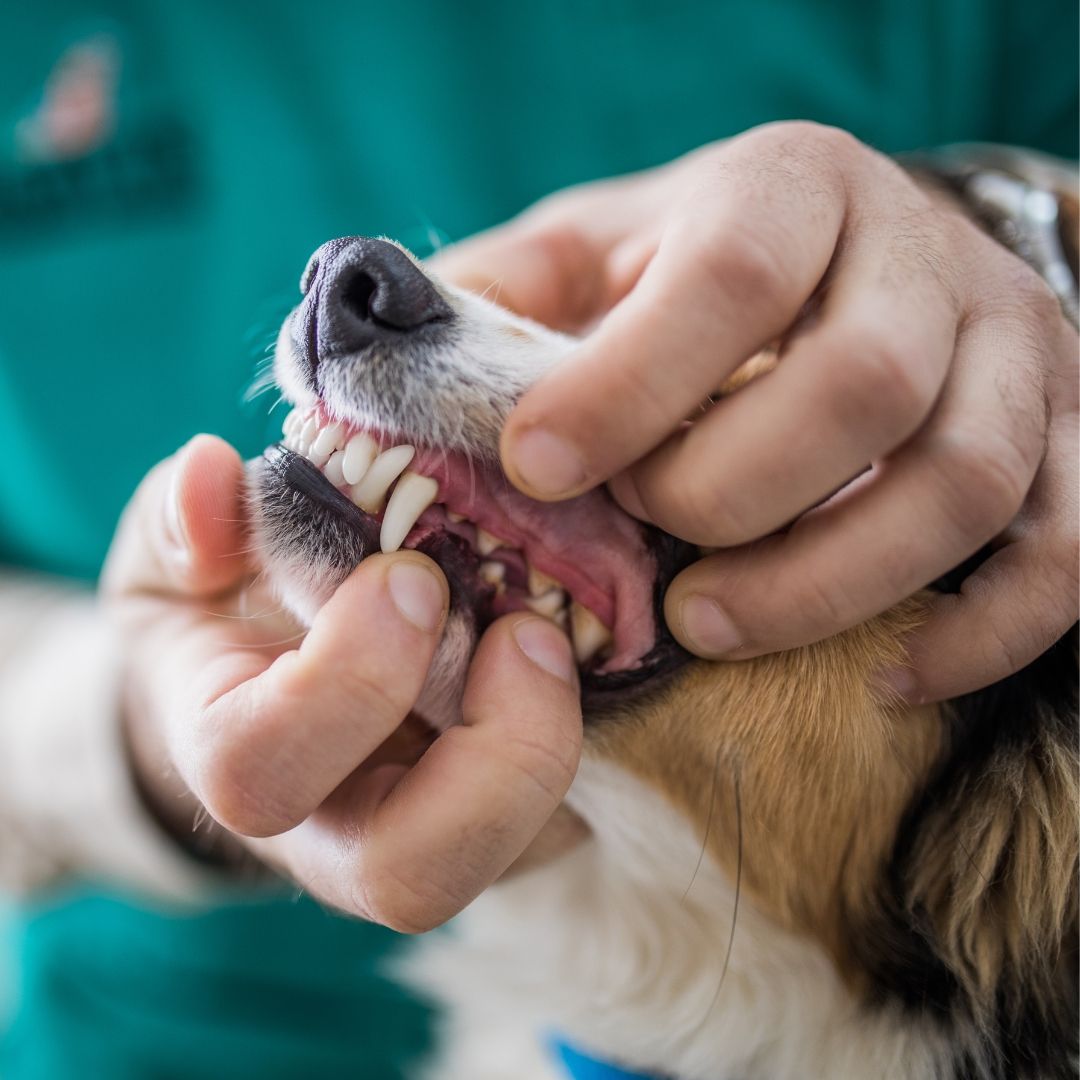
Pet Dental Treatments
The Importance of Your Pet’s Oral Health
Oral health is an important factor in your pet’s overall wellbeing. We perform routine check-ups on your pet’s teeth and gums, and we also recommend full cleanings once a year. This allows us to closely examine your pet’s mouth, check for lesions or abnormalities, remove tartar and plaque, and polish their teeth.
A Comfortable and Safe Pet Dentistry
To perform the dental cleaning your pet will be put under anesthesia to prevent them from moving around and to allow the doctor to perform a full examination and cleaning. We make sure that your pet is comfortable and perfectly safe during the entire process.
A Healthy and Polished set of Teeth
While your pet is under the doctor examines the mouth, gums, tongue, cheeks, and teeth. This can reveal any cases of lesions, gum disease, tooth decay, or other problems. When these are discovered, they can usually be handled during the treatment. After examining the mouth the doctor will complete a full cleaning of the teeth and polish them thoroughly to give your pet a healthy, attractive set of teeth.
After the anesthesia wears off your pet is usually back to their normal self within minutes. Call us today to schedule a dental cleaning for your pet.

Pet On-Site Lab Services
On-Site Veterinary Laboratory
Our veterinary laboratory features diagnostic testing for the following:
- Bloodwork: (CBC, Chemistry Panel, Thyroid level, FELV/FIV testing)
- Occult heartworm, Lymes, Erhlichia testing
- Urinalysis and Sediment examination
- Cytology of skin & ear samples
- Fecal testing for intestinal parasites
- Parvo tests
- Feline heartworm Ag tests
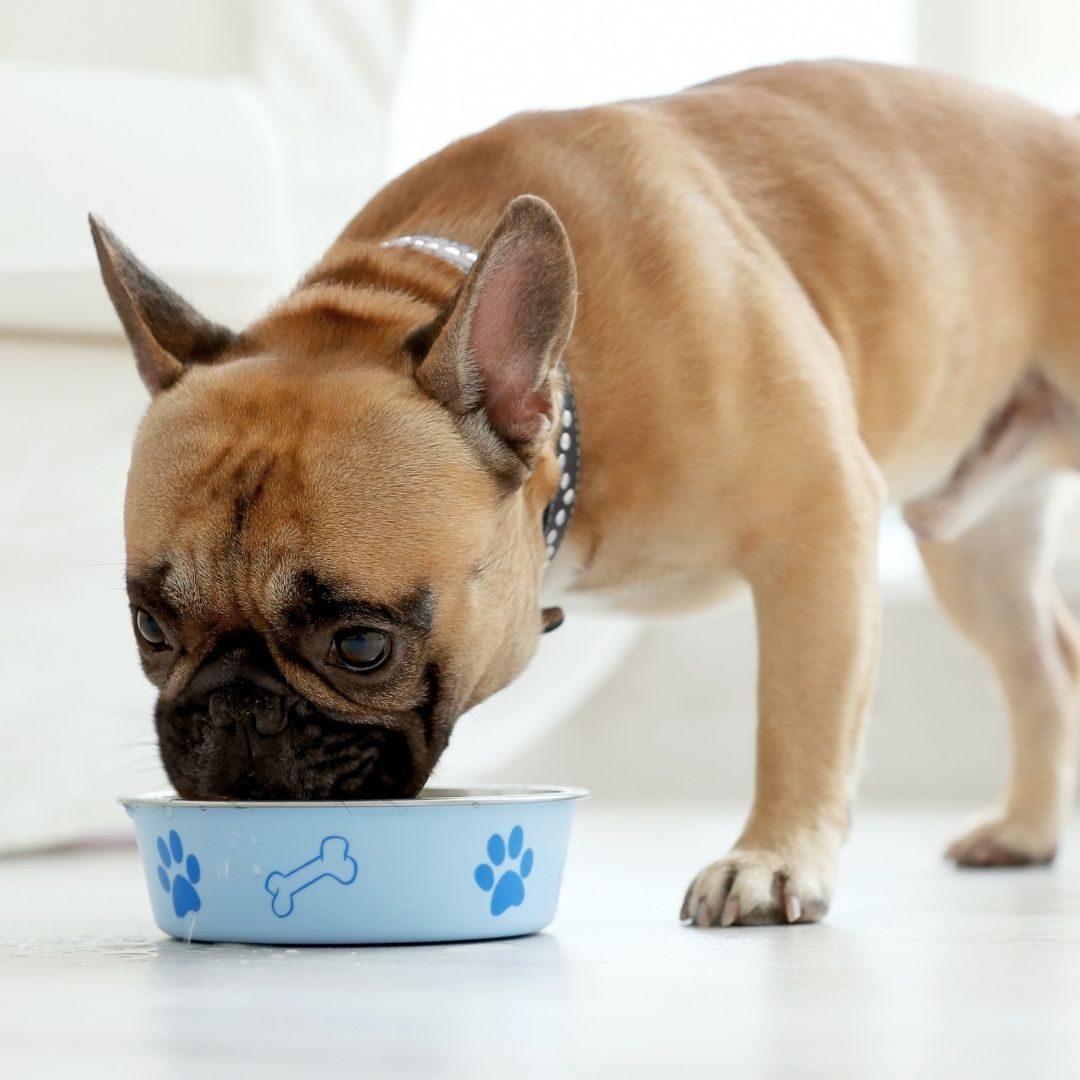
Pet Nutrition Counseling
Nutrition Counseling for Pets
Being overweight and trying to stay in shape is not only a problem for humans. Pets also need to be put on specific diets and workout plans to stay in good health. There are a number of deficiencies that pets can run into in regards to nutrition that must be observed.
A Proper Pet Diet and Workout Plan
By keeping your pet on a proper diet and workout plan, it can increase their life expectancy by up to 2-3 years. In addition to the extended life expectancy, you will also see a happier pet with fewer stomach issues, less sensitive skin and a nicer coat.
Evaluating Your Pet’s Current Nutritional Health
Upon evaluating your pet’s current nutritional condition, we will make specific recommendations as to the type and amount of food your pet should be eating as well as any supplements. In addition, we’ll provide you with a workout program for your pet that will keep them in tip top shape!
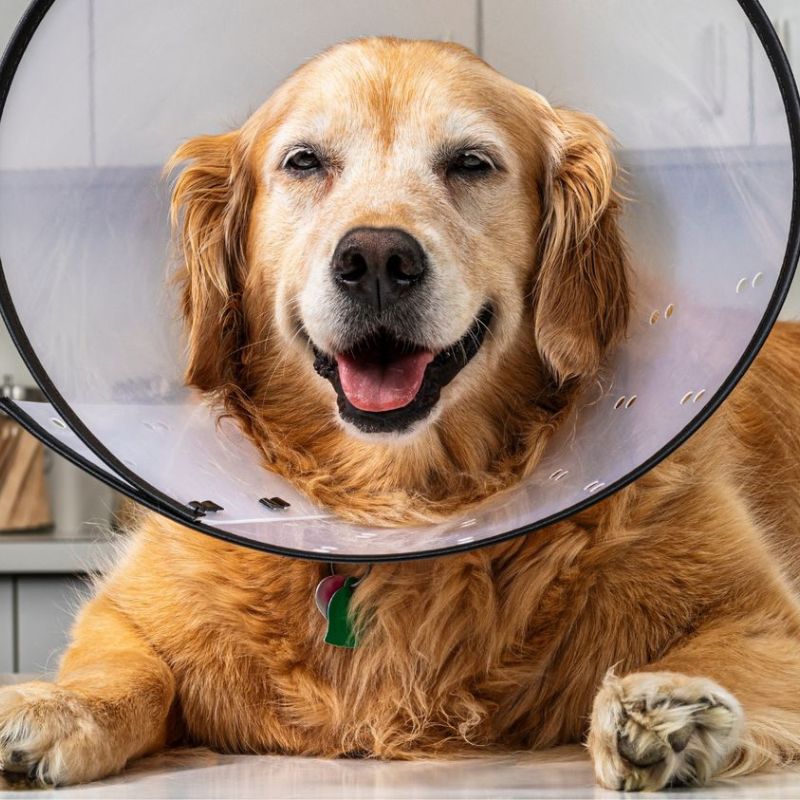
Pet Surgical Procedures
Veterinary Surgical Procedures
We routinely provide a wide array of veterinary surgical procedures in our office. Some of these procedures include: spays, neuters, tumor removals, laceration repairs, fracture repairs and much more. Our office is equipped with top of the line surgical equipment to make sure that your pet is cared for as you would like them to be.
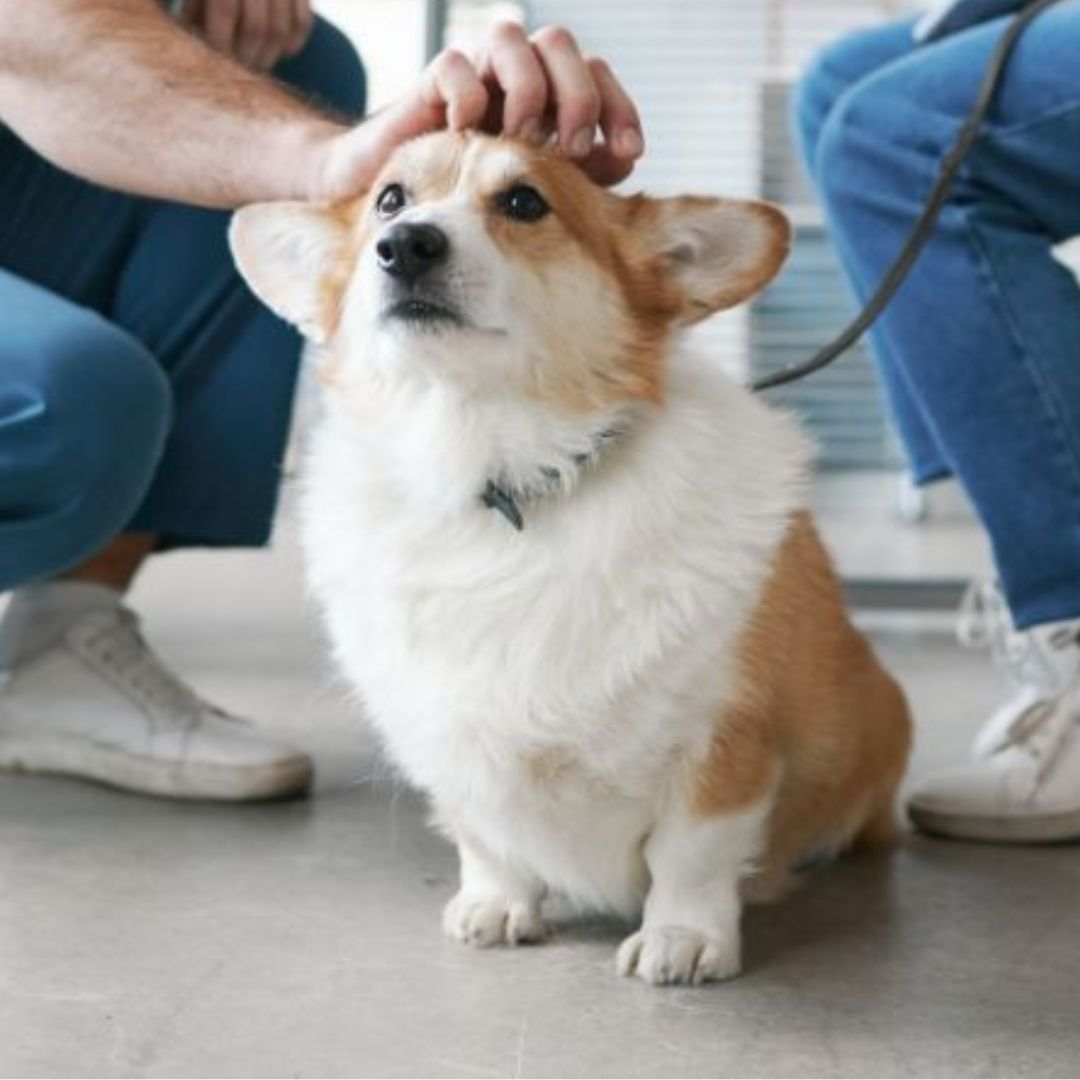
Pet Preventative Care
The Importance of Preventative Pet Care
It is important for your pet to receive routine checkups just like it is for you. It allows us to make sure that your pet is healthy and also allows us to catch any health problems before they become serious. You should bring your dog or cat in for a checkup at least once a year, and once every 6 months for older pets.
Keeping Your Pet Safe with the Proper Medications
During the visit we will check your pets’ vitals, make sure all vaccinations are up to date, and perform any necessary blood work. Blood work can help to diagnose heartworm, Lyme disease, viral infections, and other diseases that can be treated more easily when detected early. The best way to combat these diseases is actually to stop them before they happen. There are many vaccines and medications available to prevent them. We will make sure your pet is taking the necessary medications to keep them safe.
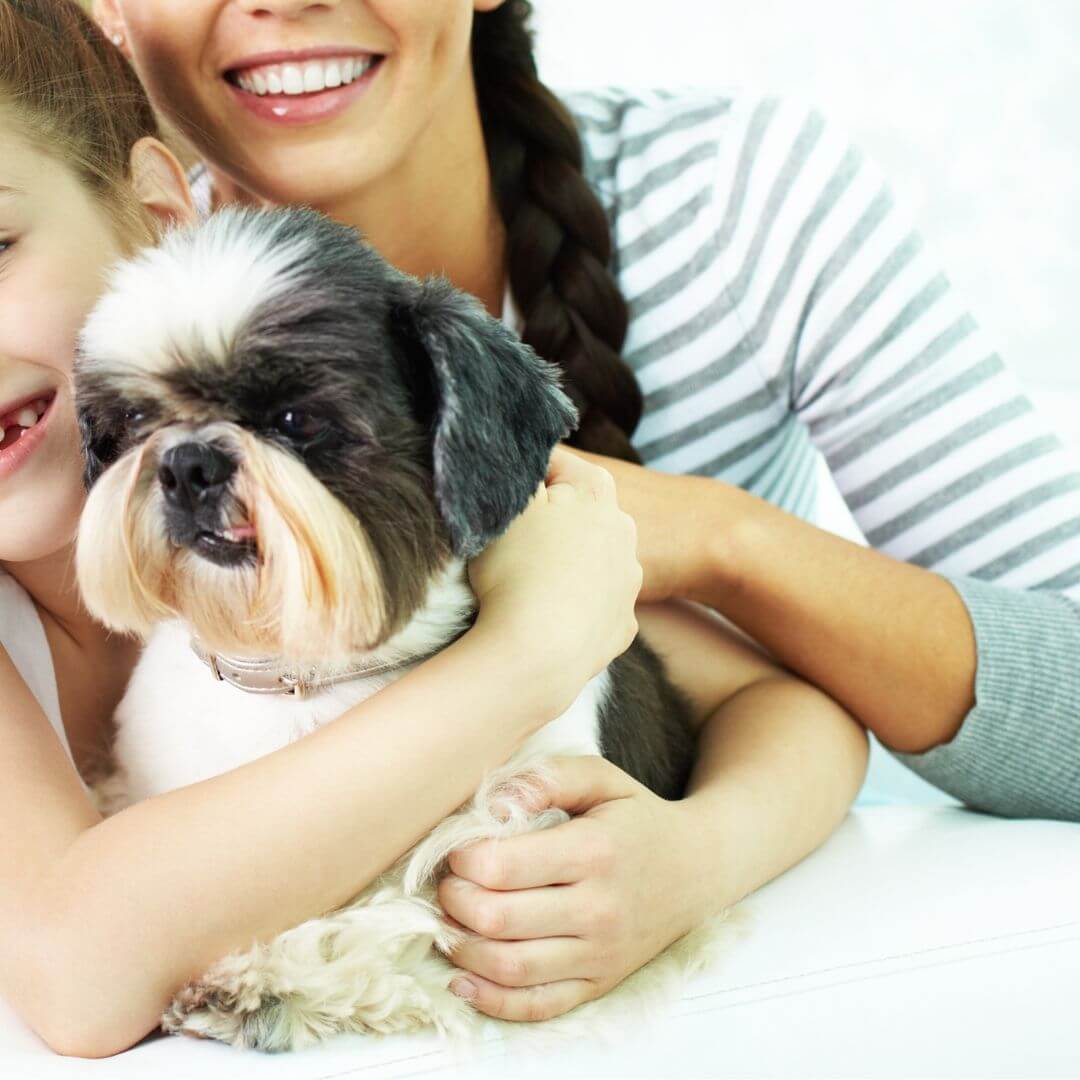
Pet Behavior Counseling
Assisting You in Your Pet’s Training
It is recommended that all puppies undergo training or behavior counseling, especially for first time dog owners. We can assist you in the training process for your puppy. Puppies are not the only ones who need training, however. Many adult dogs need to undergo behavior counseling as well. They may have developed some bad habits like begging for food at the table or jumping up on guests. Some dogs display aggressive behavior toward people or other dogs. This can be especially true for dogs that were previously homeless or had neglectful owners.
Correcting Behavioral Issues
Behavior counseling can help to correct these behavioral issues with training and, in some cases, medication. If you are concerned with your dog’s behavior consult us. We can either set up behavior counseling appointments here in the office, or direct you to experts that can provide the help you need.
